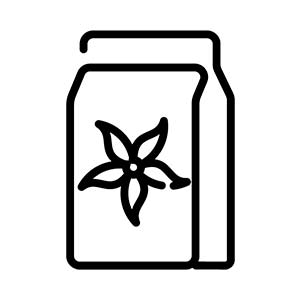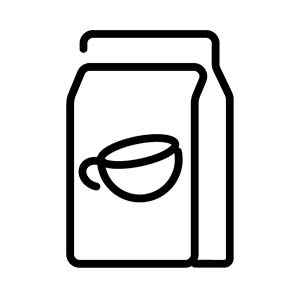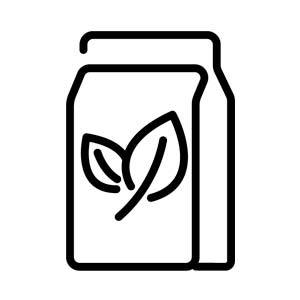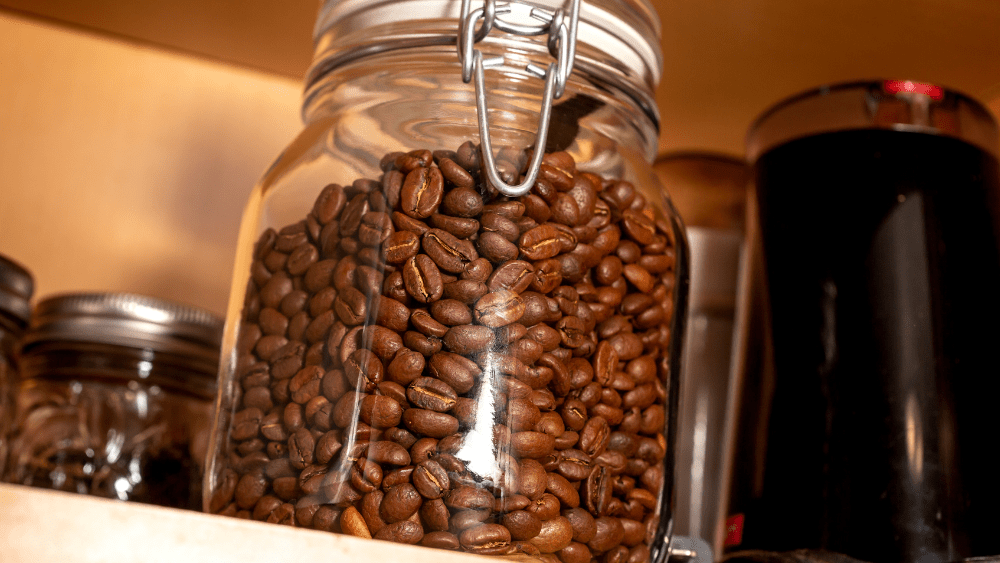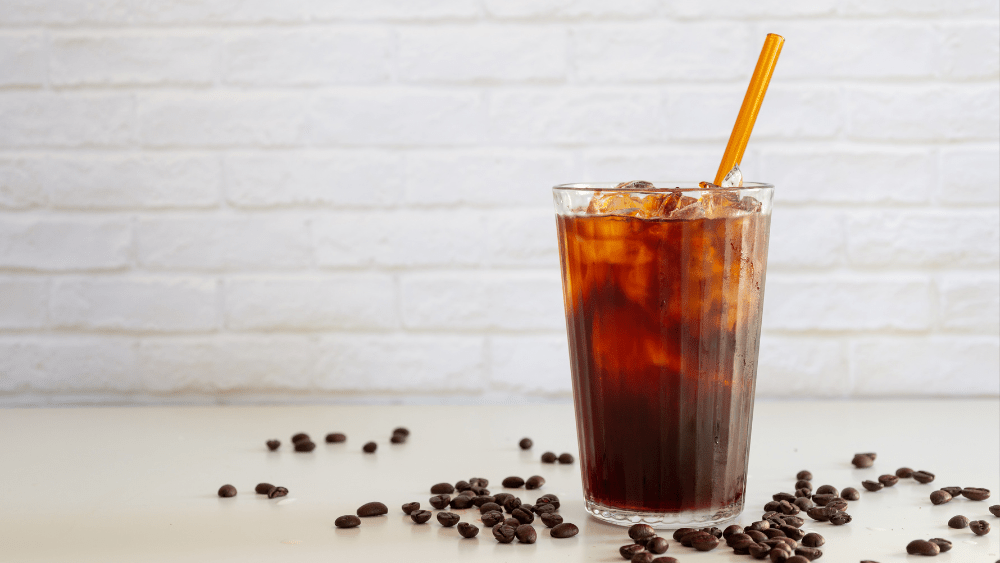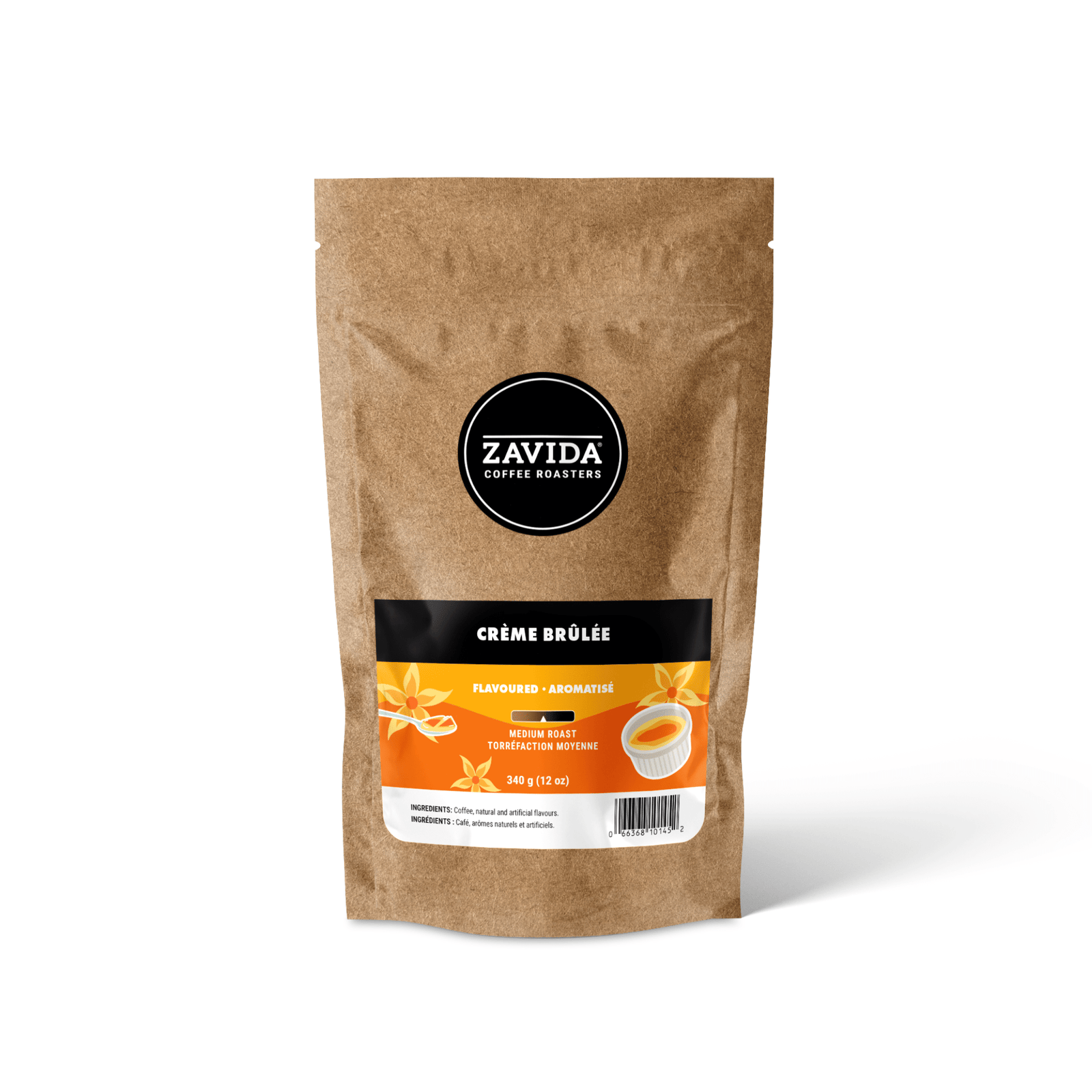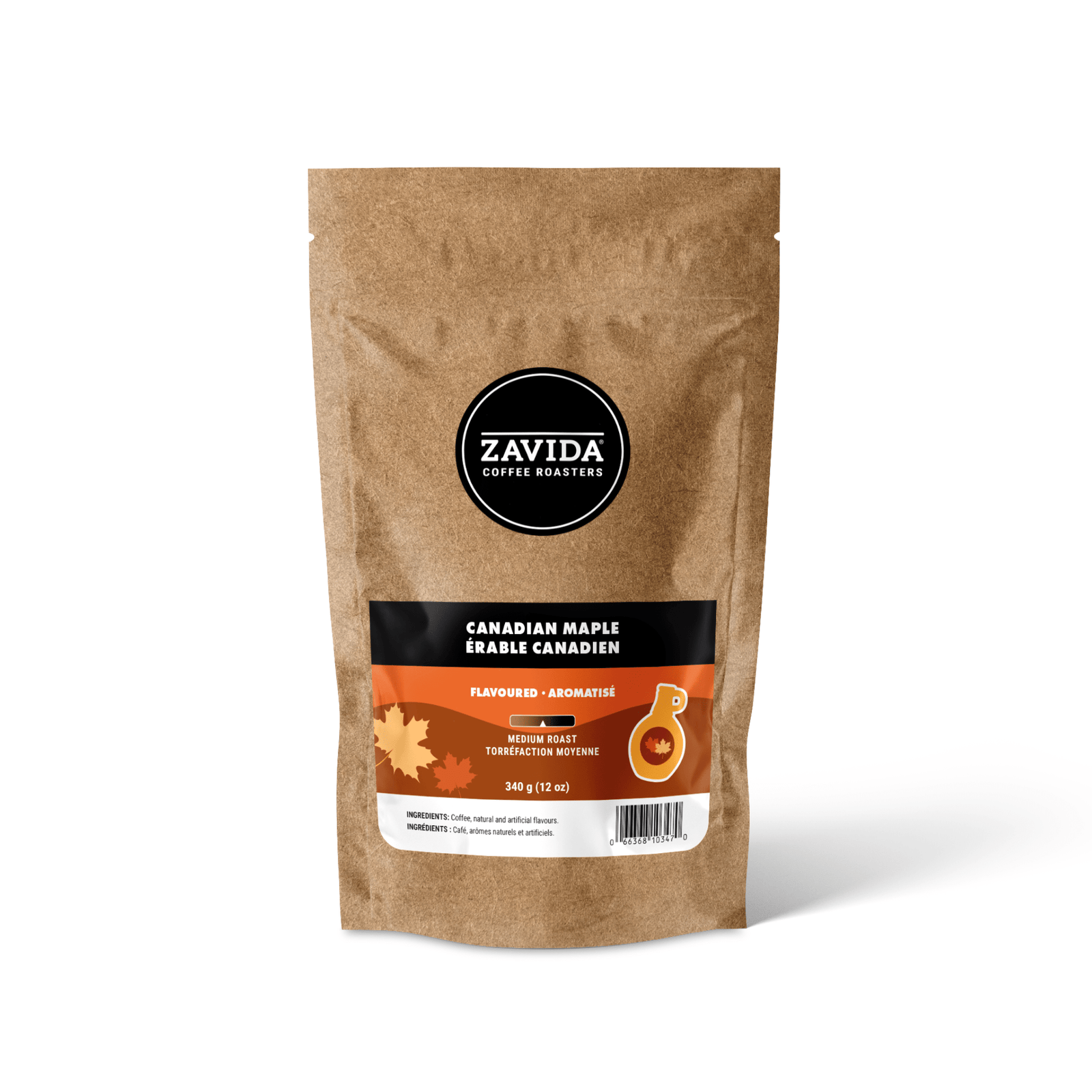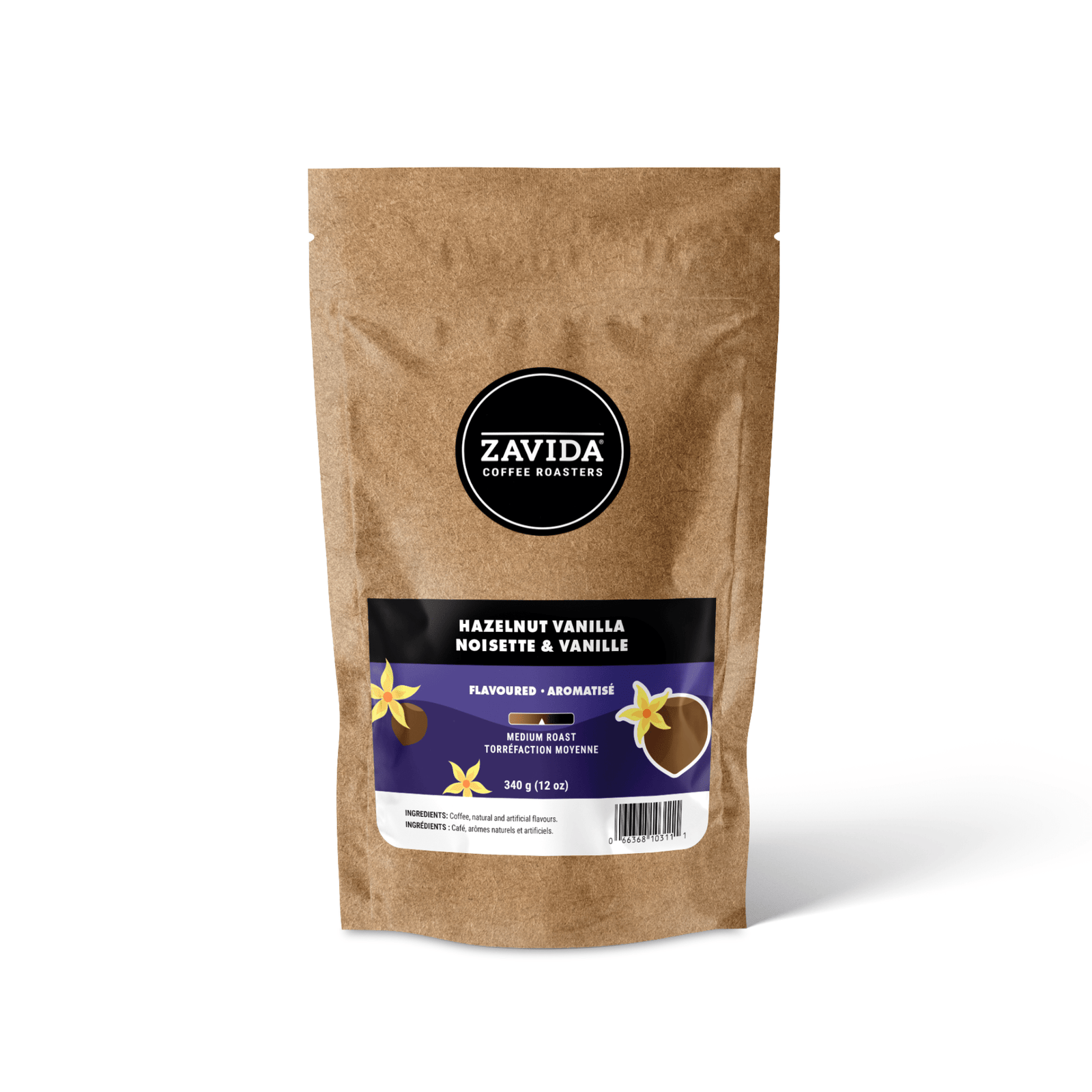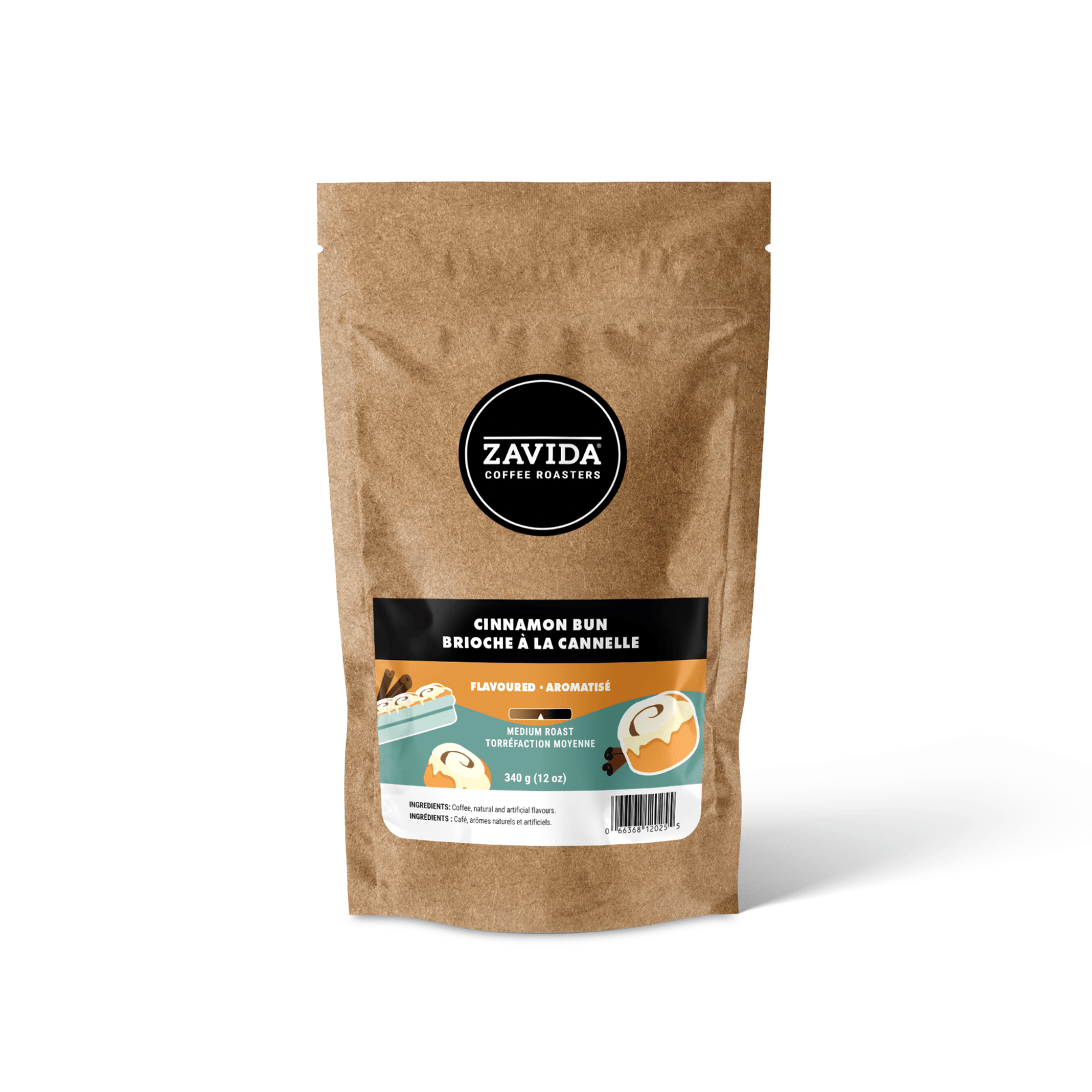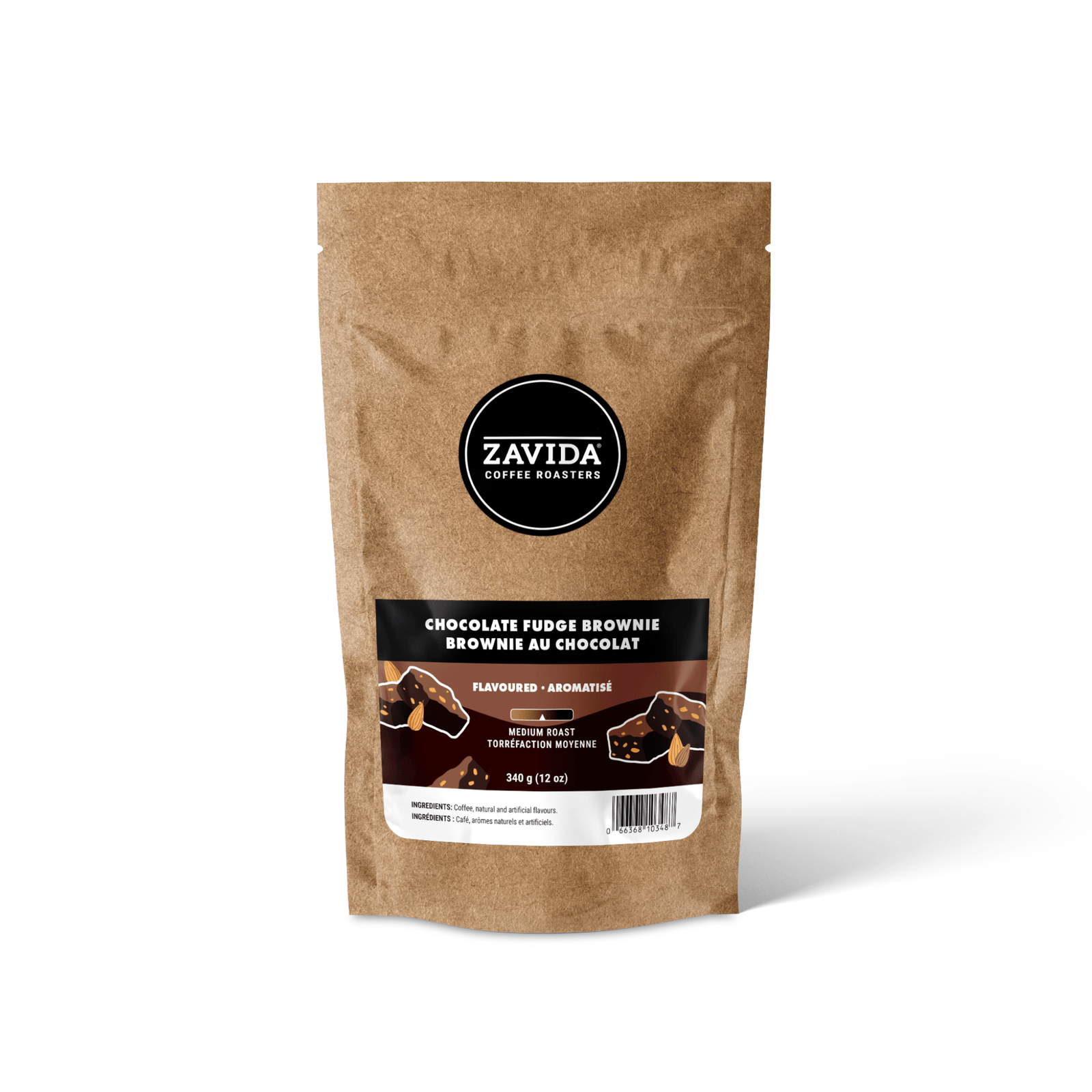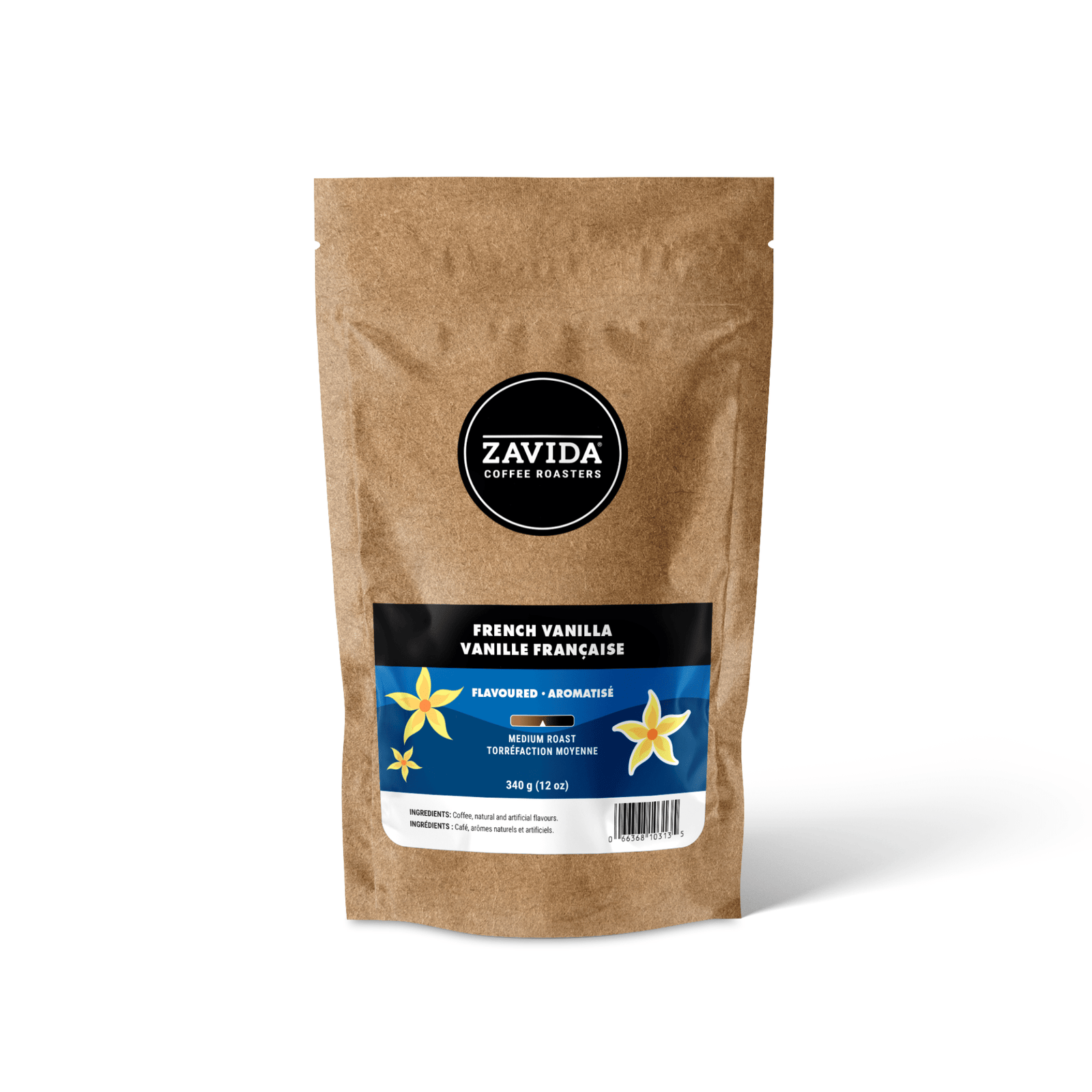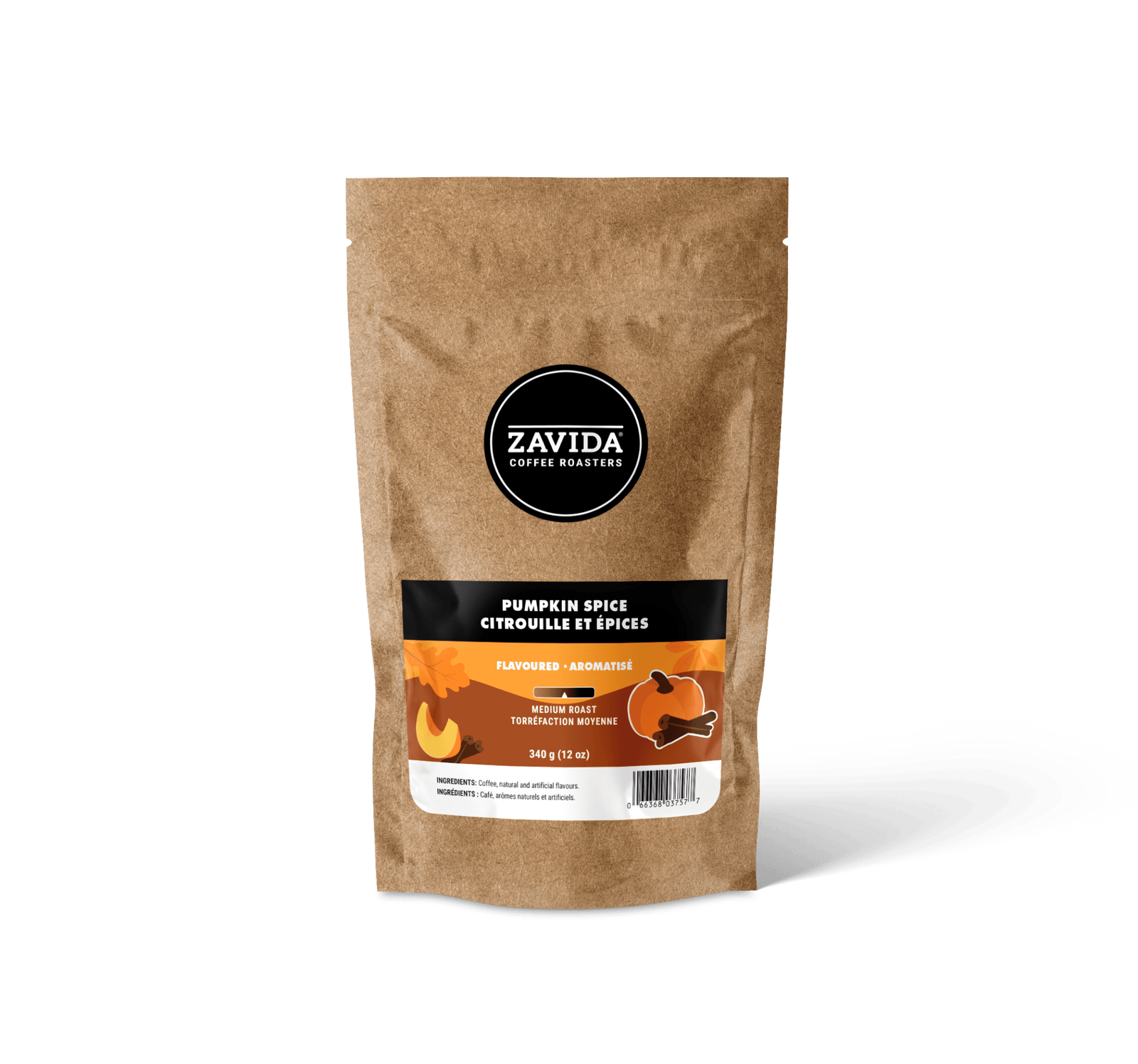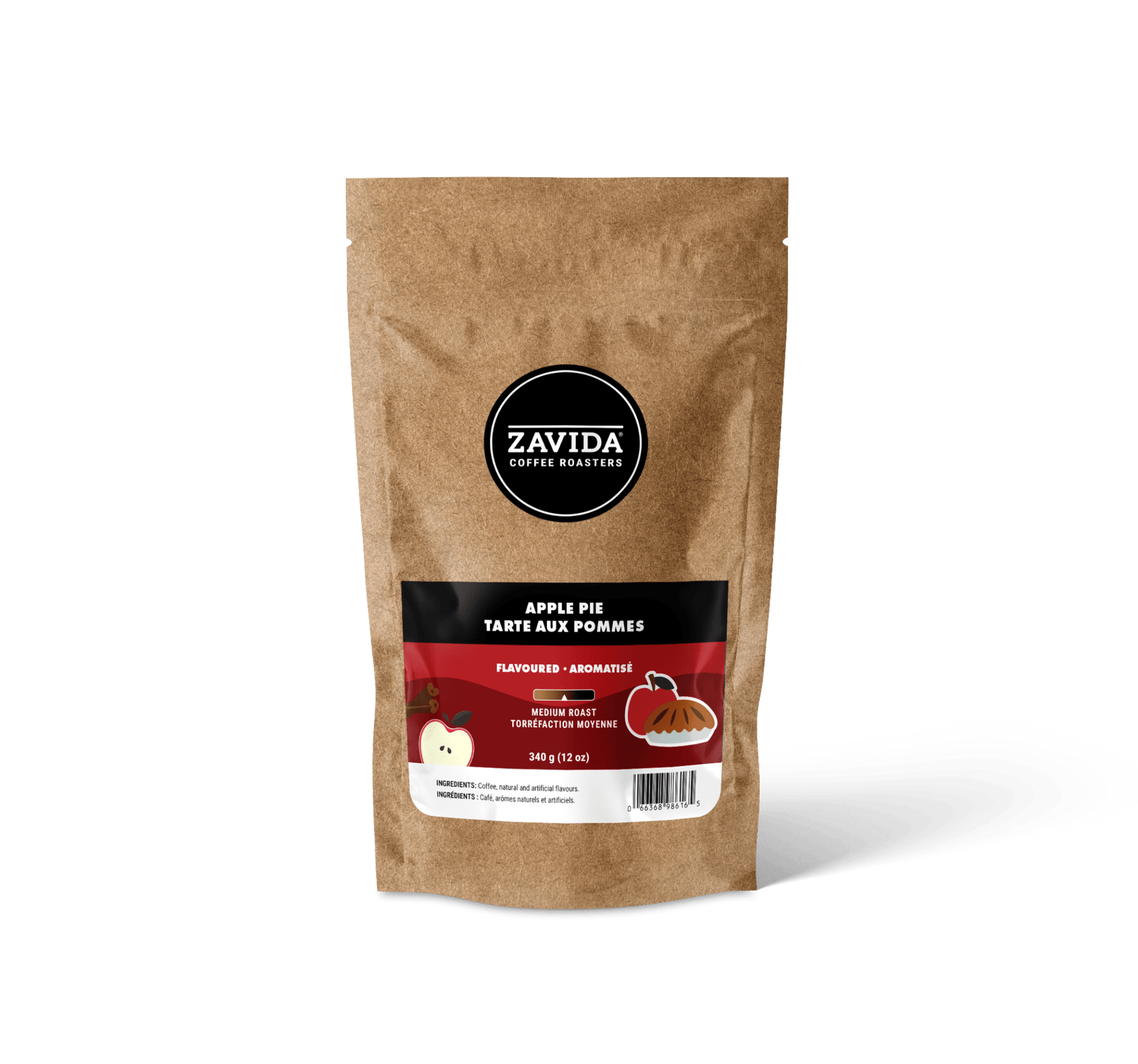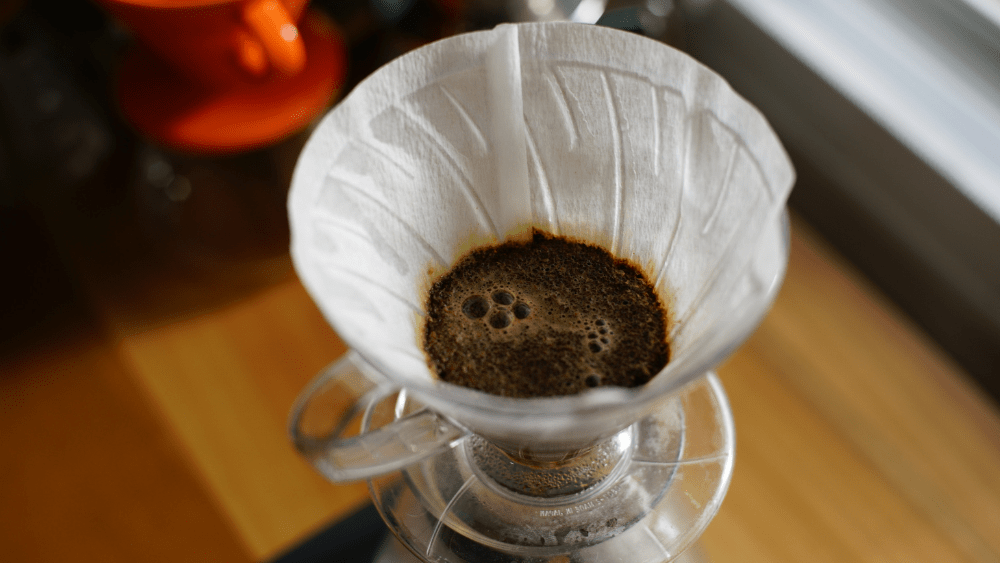
Coffee filters, one of the great debates of the coffee world. Which to choose? Unbleached or bleached? Metal, paper, or cloth? Which one is better for the environment? These options can seem overwhelming, so we simplified it all to answer your questions. The perfect filter for you will meet your criteria; it fall within your budget, fit into your daily routine, make less of an impact on the environment, and give you great tasting coffee every time. These preferences vary greatly person to person - here is a quick breakdown of each filter you can find on the market today so you can choose better!
To make things easier, here’s a handy guide to choosing the best coffee filter for you.
PAPER COFFEE FILTERS
BLEACHED VS UNBLEACHED
Bleached paper coffee filters are whitened using small amounts of chlorine (the same one used for pool chlorination) or oxygen bleach. The latter is considered the better option for bleached filters, but neither are particularly eco-friendly since both chlorine and bleach impact the environment negatively.
Unbleached paper coffee filters, on the other hand, are untreated so they retain their natural brown color and are more eco-friendly than their bleached counterparts. The biggest downside to them is the papery taste that they tend to leave in your coffee after brewing. To resolve this, all you need to do is wet the filter with hot water after putting it into the brewing machine. Make sure to throw away the water that drips from it and rinse the coffee maker before moving on to brewing.

COFFEE FILTER SHAPES, SIZES AND USES
Paper coffee filters come in three distinct shapes: conical filters, which are the most popular option for at-home baristas, basket filters, which have a flat bottom and are the most common for everyday use, and disk filters, a lesser-known option reserved for very specific uses.

CONE FILTERS
Cone-shaped filters either join at the tip and look like a party hat, or they taper into a short line where the tip should meet. The first is better suited for manual coffee machines like pour-overs, whilst the second works better with automatic brewers. This type of filter comes in four different sizes: #1, #2, #4, and #6. The most common sizes used are #2 and #4, which are used for machines brewing 2 to 8 cups of coffee at a time. In all cases, cone paper filters work the same and brew a light, crisp, and clean cup of coffee.
BASKET FILTERS
Basket filters are shaped like large cupcake liners with a flat bottom and come in two different sizes: junior, for coffee makers that brew less than 6 cups at a time, and regular, for machines that can brew over 6 cups at once. Basket filters are typically what you would see in drip machines in restaurants or most households, but coffee purists tend to shy away from this filter shape as their flat bottoms spread coffee out more which results in an uneven extraction and different levels of ground saturation. Conical filters tend to force water through the coffee much better than basket filters, which is why they are much preferred by coffee connoisseurs.
AEROPRESS CIRCULAR DISK FILTERS
The last of the paper filters, the disk was designed specifically for the AeroPress, but can also be used as replacement for French Press filters. These filters are much smaller and should only be bought for your specific brewing tool.
ALTERNATIVE COFFEE FILTERS
If you love filtered coffee, you have probably used the classic paper filters to brew your drinks your whole life - but bona fide coffee lovers sometimes reach a point whereby they get curious about permanent coffee filters and wonder if making the switch is worth it for them.
Permanent filters can be made of different materials for different brew methods, but the most common materials are cloth, metal, and ceramic. When considering these options, there are four major factors you need to consider: the cost, the environmental impact, the maintenance, and the taste.
METAL OR PLASTIC FILTERS
Metal filters come in many different shapes and sizes, and plastic filters with nylon mesh are usually shaped like basket filters - which are best used in drip brewers. The conical filters tend to be made entirely of stainless-steel which are best used for pour-overs. You can also find reusable nylon mesh filter cups for your Keurig machine which help to save money, allow you to use your own grinds, and waste less plastic.
The main advantage of metal filters is the fact that they can last you a lifetime if you take care of them properly. Though they cost more than paper filters, in the long run they will make up for it because they’re generally a one-time purchase. Some say metal filters produce a richer, full-bodied, and more aromatic brew, whilst others criticize the fact that metal filters aren’t always fine enough and can create a heavier mouthfeel, caused by micro grounds that seep through the filter.
As for cleaning, metal filters are undoubtedly the easiest permanent filter to wash and take care of. Simply throw it in the dishwasher, or rinse it down under running water, and you’re done!


CLOTH FILTERS
Cloth filters are commonly made of linen, hemp or organic cotton and are best used in pour overs. They are the middle-ground between metal filters and paper filters; they filter everything out like paper, brew a light, smooth coffee with complex flavors, are less expensive than metal filters, are more environmentally friendly than paper, but unfortunately do require a lot of maintenance.
Look for cloth filters that are made of durable tightly woven fabric, as these will last you far longer, but be warned: your cloth filter will have to be replaced every few months (or, every 100 brews) and deep cleaned by boiling every so often or else it will become clogged and retain the flavor from your old brews. All this upkeep makes cloth filters a less sustainable option than metal filters, but a much better one for the environment than paper filters.
CERAMIC FILTERS
Originating in Japan, ceramic filters are small pour-over filters that look and feel like sand or charcoal and have yet to gain much popularity in the rest of the world. These aesthetically pleasing filters work by placing the filter in a glass/ceramic holder or a dripper, putting the grounds directly in it and pouring boiling water on top.
The coffee is filtered through countless micro-pores into the cup and what results is a brew with a taste and aroma that has been described as unparalleled compared to other pour-over systems. The ceramic seems to remove the bitterness completely and elevates the sweetness and smoothness of the coffee.
Just like metal filters, these filters are made to last a lifetime if taken care of properly. They are fragile and require a lot of upkeep, just like cloth filters. If ceramic filters aren’t cleaned frequently, they become clogged and must be boiled or fired on a steel net. The maintenance is difficult and using it can be complicated, but it is a fantastic option for coffee connoisseurs that want to try something completely new.
So, which type of coffee filter should you choose?
The choice between using paper and permanent filters is entirely up to you. Just be sure to consider your lifestyle and personal preferences. A seasoned barista would be happier trying something new like a ceramic filter; an occasional coffee drinker may be happier with a cloth filter, as they are inexpensive and don’t take up a lot of space; a 4-coffees-a-day person may be happier with the long-lasting, easy-to-use metal filter; a very busy person may prefer the convenience and simplicity of paper filters.
If you are conscious about the environment, willing to spend more for quality, and like to use natural products in the kitchen, permanent filters are the way to go. If you are more traditional, don’t like to spend a lot of money at once, and enjoy convenience, paper filters are your best friend. Don’t be afraid to try something new!
Another way to help out the environment is to choose environmentally-friendly coffee. Check out our organic line of coffee!

